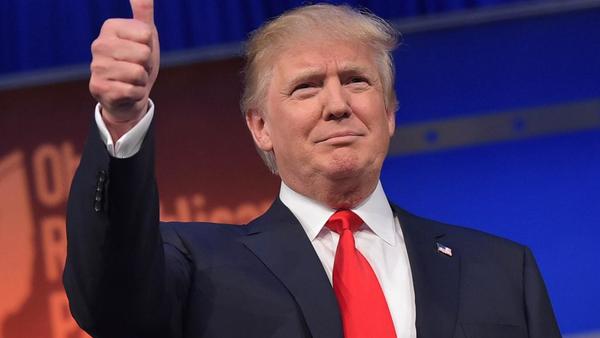
Some 78% of U.S. business leaders anticipate making significant changes − with financial services adapting to a shifting regulatory environment − because of the Trump election victory. But few organizations seem prepared.
Those results revealed in the New York City-based “ExecOnline Leadership Trump Survey” which polled 246 executive leaders from 54 large, U.S.-headquartered companies across 17 industries from December 16, 2016-January 3, 2017.
Stephen Bailey, CEO of ExecOnline, said his firm wanted to look at the implications to organizations coming out of the elections.
Financial Services leaders, for example, seek to focus on adapting to a shifting regulatory environment, with anticipated changes to Dodd-Frank and other financial regulations. ExecOnline reported there is optimism for less burdensome industry regulations, but any significant changes require major compliance and change efforts.
Tax changes could also have implications for financial institutions’ ability to make use of tax losses from the financial crisis. “There is uncertainty around the regulatory environment. What is particularly concerning is the range of outcomes is fairly broad,” Bailey explained.
Overall the survey found corporate leaders believe they must make changes as a result of the Trump election victory in order to position their organizations for success. Nearly eight in 10 business leaders anticipated changing a strategic decision based on the election; 39% of business leaders expect changing financial projections, 30% organizational strategy, 30% capital investments, 27% external partnerships, and 27% mergers and acquisitions. Only 22% said they do not anticipate making any change because of the election results.
Percentage of financial services leaders who say each activity is more important since the election breaks down as adapting to a changing regulatory environment, 74%; and planning for scenarios, communicating with employees and stakeholders, and refreshing strategy, each with 71%.
According to ExecOnline, 83% of leaders said they frequently observed employees resisting change and only 46% of leaders agree that peer leaders effectively create buy-in for change.
Bailey asserted, “What’s particularly intricate about that is all the data suggests organizations are not particularly good at managing certain types of change, especially when fast changes occur and when unanticipated events happen.”
ExecOnline found scenario planning a top focus area for leaders and organizations as they look to anticipate and respond to scenarios that could unfold due to the election. Indeed, 72% of business leaders said planning for scenarios is more or much more important since the election.
Many organizations focus on talent-related issues. For example, two-thirds of leaders believe communicating with employees and stakeholders has become more important as a result of the election. A majority of leaders also indicated that managing team dynamics, and attracting and retaining talent have become more important.
Leaders see significant upside opportunities and downside risks. Leaders are most bullish about limited government scenarios such as reduction of corporate taxes and repatriation of corporate profits, as well as fiscal stimulus scenarios, such as more infrastructure spend.
At the same time, leaders are concerned about the risks associated with macro-economic and political instability (increase in geopolitical conflict, government debt crisis, rising inflation) as well as some America First scenarios (immigration and trade barriers.). Ten percent of leaders view America First scenarios as positive or very positive, and the same percentage see macro-economic and political instability scenarios as positive or very positive as well.
Change could also influence some other industry-specific hot-spots:
In conclusion, ExecOnline reported the most effective organizations are taking steps now to create the flexibility needed to seize opportunity and to manage risks. ExecOnline maintained, “Forward-looking leaders are not only refreshing strategic assumptions and plans, but are also focusing on talent as they step up communications to a divided workforce.”
ExecOnline, in partnership with top business schools (Berkeley, Columbia, MIT, Yale), works with thousands of senior executives from Fortune 500 organizations every quarter through an executive development programs.


